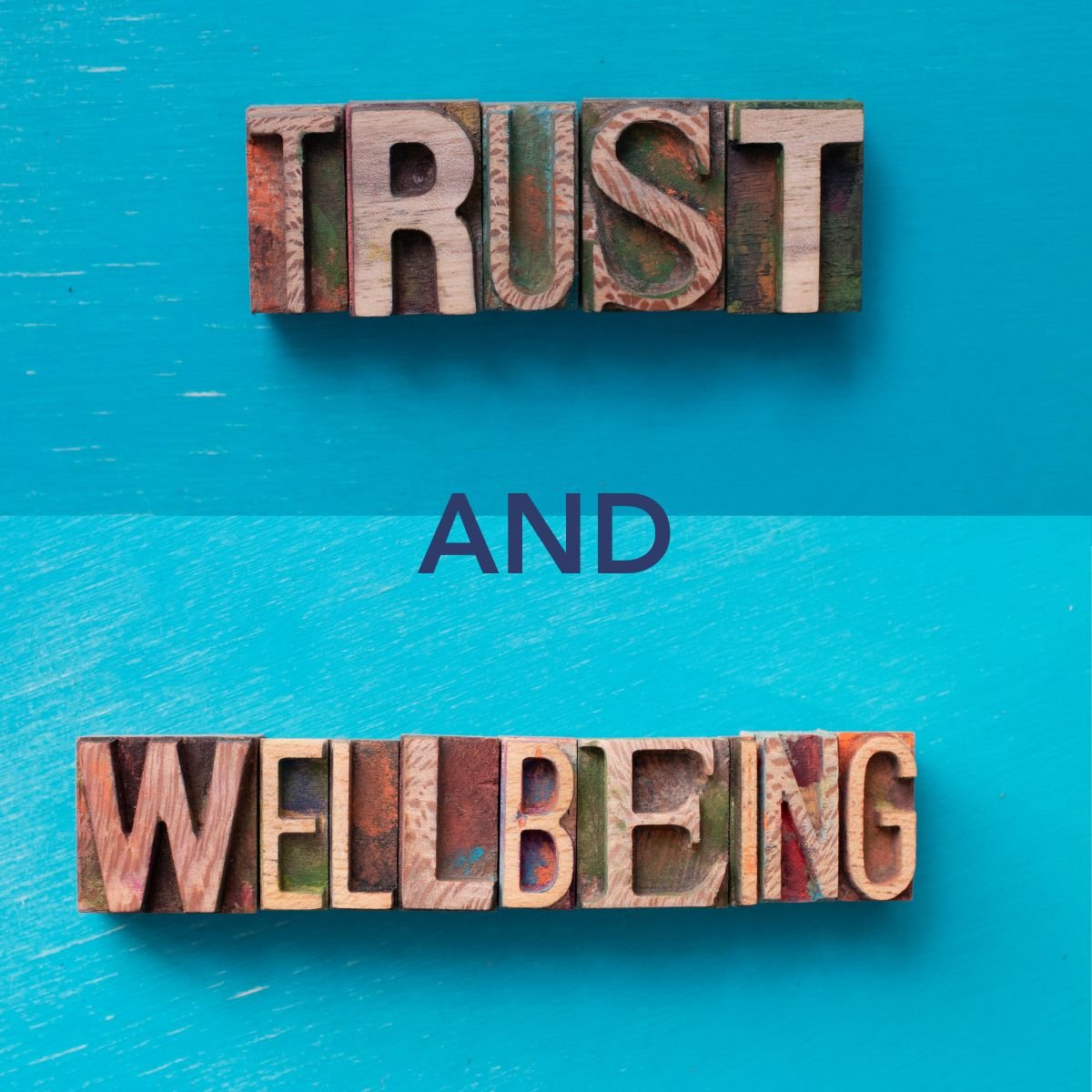Trust and School Leader Well-being
This week I have been sharing some short snippets from my capstone project and the research I explored into pathways to well-being and school leadership.
Another one of the themes that came through from the different research papers was the impact of trusting school communities on school leaders flourishing and well-being.
One paper detailed how for the school leaders in their study, building trust within schools was both deeply meaningful and rewarding work (Cherkowski & Walker, 2016).
But trust can be quite elusive - what behaviours help create trusting communities?
Browning (2014) carried out research with highly trusted school leaders to find out what contributed to this and came up with 10 key practices.
One of the factors was listening. On the surface, this may seem obvious but I think the skill of listening requires a considerable amount of intentional practice.
Coach training changed the way I listened as a school leader - I shifted from listening to solve problems (often as quickly as possible!) to listening with more curiosity and openness. Don't get me wrong, in the busy pace of school life my intention didn't always translate into the desired action - but I was more aware when I had slipped back into this way of listening.
We all know the feeling of being in trusted communities - what are your thoughts on the most important factor that creates this?
If you would like to find out more about the research, then sign up for the newsletter series.
(Cherkowski, S., & Walker, K. (2016). Purpose, Passion and Play: Exploring the Construct of Flourishing from the Perspective of School Principals. Journal of Educational Administration, 54(4), 378–392.
Browning, P. (2014). Why trust the head? Key practices for transformational school leaders to build a purposeful relationship of trust. International Journal of Leadership in Education, 17(4), 388–409.)


